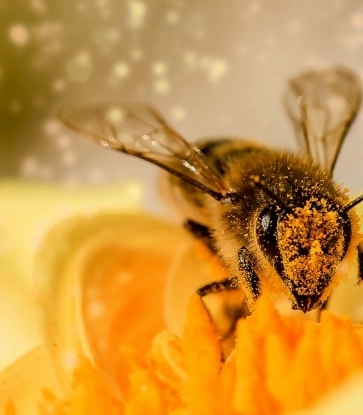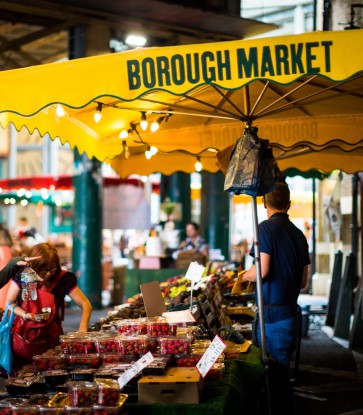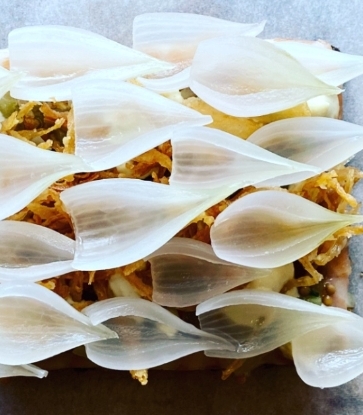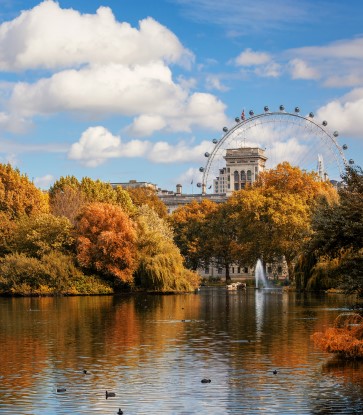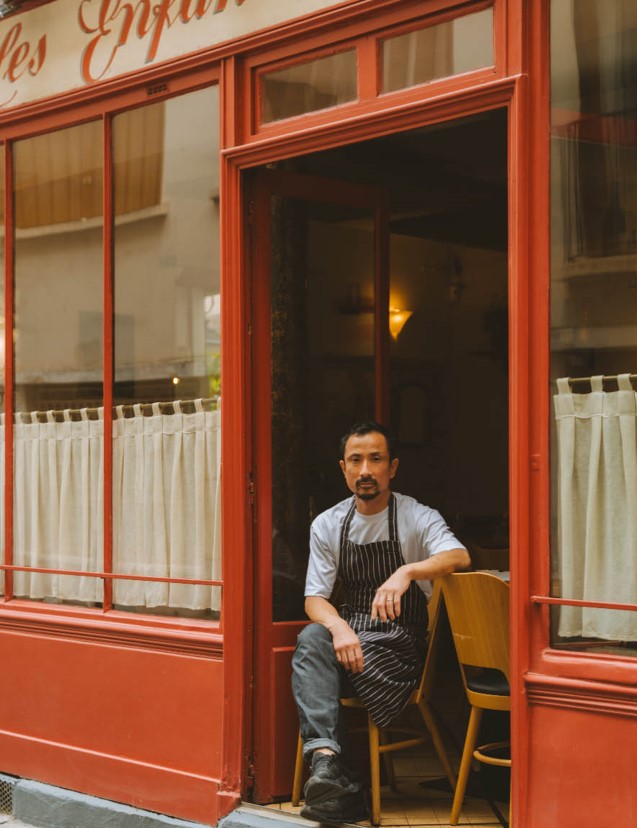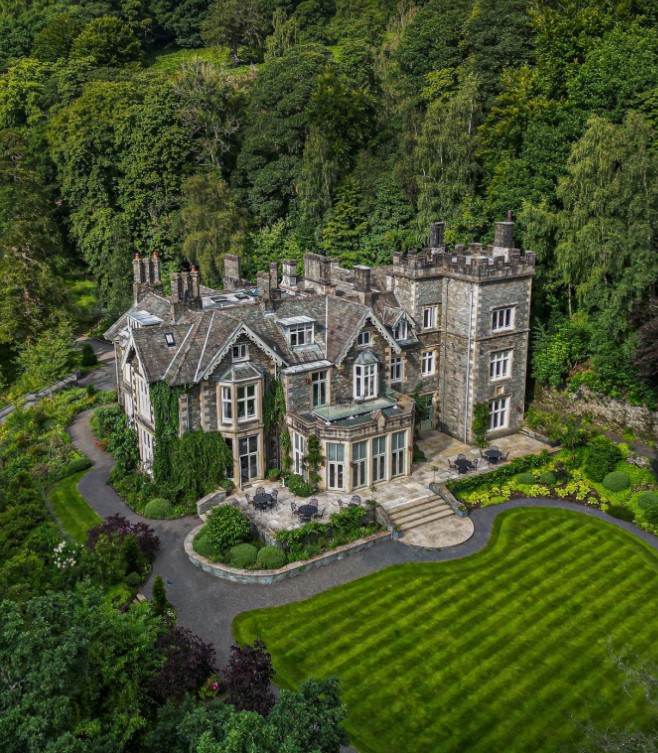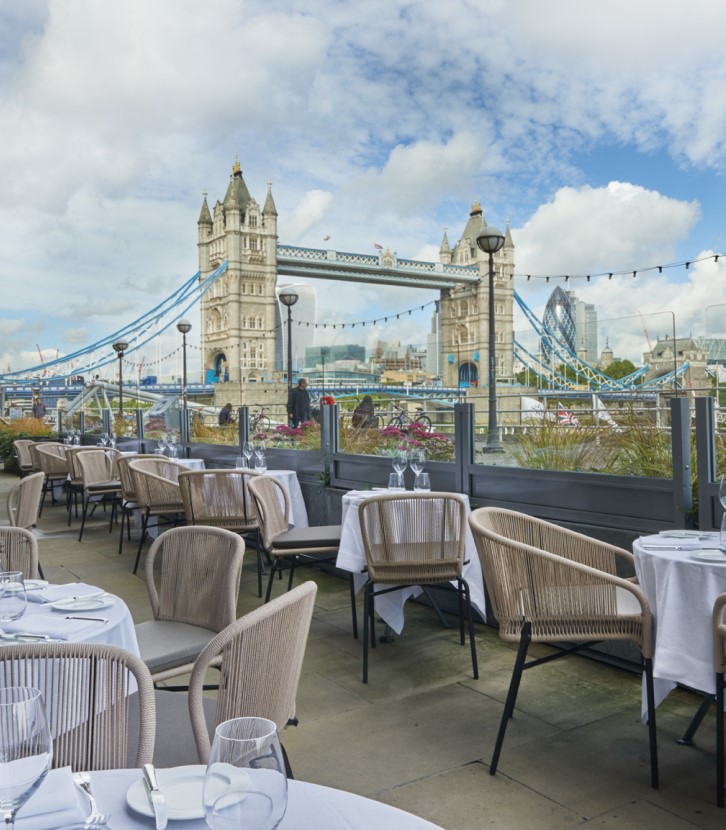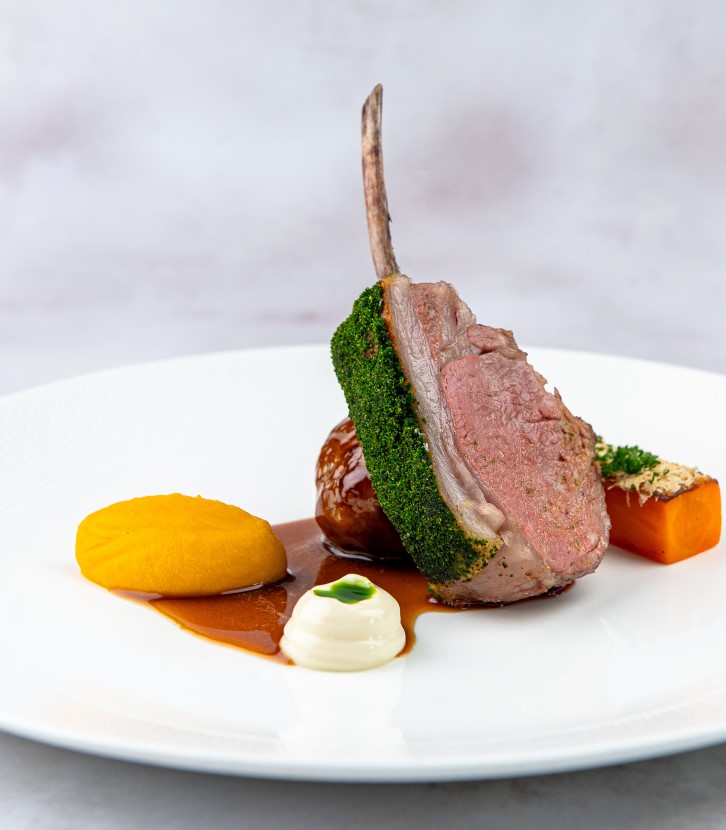Emile van der Staak – De Nieuwe Winkel, Nijmegen, Netherlands
“Traditional meat production, especially on an industrial scale, has significant negative impacts on our planet. Think deforestation, water consumption, greenhouse gas emissions and loss of biodiversity. Organic meat production can have an even greater impact, despite benefits for animal welfare, due to the greater land use and higher emissions from organically reared cows.
“You can argue that a pig in your backyard, living off your husks and fruit trees, is sustainable. But if everyone starts doing this, we will need even more land than is being used today; grass-fed cattle already occupy 26 per cent of the global land area! That impact is huge. Therefore: no, meat is not sustainable. My conclusion is that less meat is the route to take.”
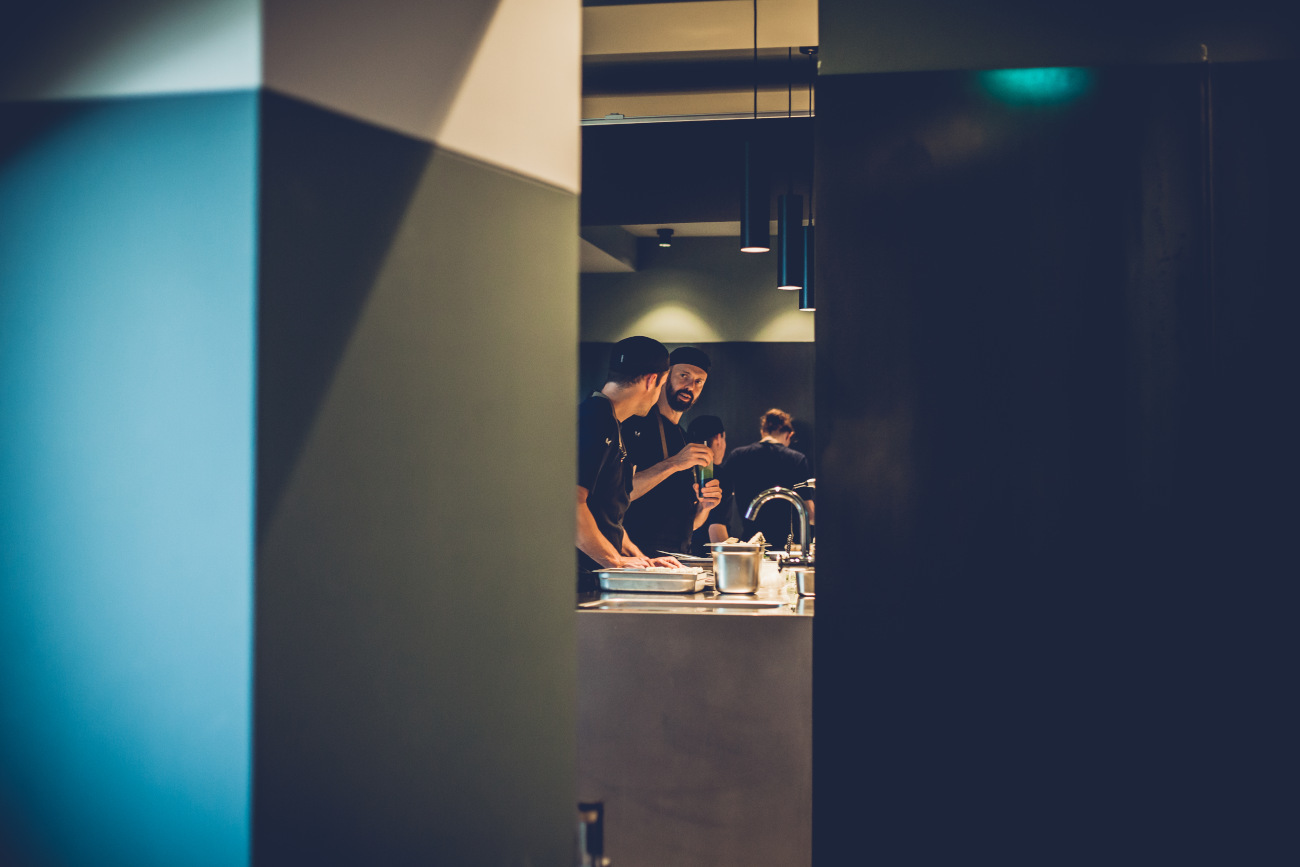
Giorgio Servetto – Vignamare, Andora, Italy
“Yes, we do consider meat to be sustainable, but only if it is produced as part of an integrated, eco-sustainable system and consumed responsibly. This means raising and looking after animals in ways that prioritise their wellbeing. Our meat production fully respects the land and is at the same time subject to responsible wildlife management. Our approach of non-intensive crop cultivation and livestock farming has much in common with methods employed by farms in years gone by – this traditional approach is also reflected in the limited quantities of vital animal protein on our menus.”

Matthias Gfrörer – Gutsküche, Tangstedt, Germany
“Basically, everything is sustainable if you handle it properly. Well-kept and slow-bred animals are sustainable. There are stretches of land in Germany that even need ungulates to thrive, as grazing sometimes helps to keep the ecosystem in balance. I find the idea of pinning climate change on animals reprehensible. We simply have to say goodbye to factory farming completely and eat correspondingly less meat at the same time. That’s the important thing. Our core menu, for example, has been vegetarian for over two years, which doesn't mean that you can't eat meat or fish here. Diners can choose traditionally matured meats, poultry and seafood from the side dish menu. Just calling them a ‘side dish’ creates an awareness among our guests.”

Oriol Rovira Prat – Els Casals, Sagàs, Spain
“My answer is neither a no nor a resounding yes. To attribute such a significant part of climate change to bovine farming seems to me to be unfair. Extensive livestock farming can provide us with solutions rather than problems, if its implementation is balanced, small-scale, family-based and non-aggressive. In the Mediterranean area, for example, it helps to control forest fires and to structure a more balanced, diverse landscape.
“What is not sustainable is the depletion of natural resources for the sole purpose of increasing livestock numbers to enrich a few people. That’s why our model is based on smaller, local farms within the framework of family farms, always in support of the land. In short, meat is sustainable if we manage to stop human greed from taking over, and if the richest and most powerful parts of the world stop throwing away 30% of food produced.”

Sam Buckley – Where The Light Gets In, Stockport, United Kingdom
“Feeding our growing populations has in some parts of the world led to the industrialisation of food production. On this kind of scale, our delicate ecosystems have been compromised. Industrial methods are designed to override natural occurrences such as weather, insect population and disease in order to produce more crops. Yet the matter of nutrition has sadly on the most part been eschewed with large parts of the world still facing malnutrition.
“Overriding natural systems weakens the infrastructure of our planet and increases problems such as soil erosion, mining and the release of petrochemicals into our water systems. The industrial meat industry plays an enormous part in these abusive farming systems, but is not solely to blame – all industrial production and excessive consumption plays a part. The natural predation system is one of the ways in which our planet regulates itself and it could be argued that it’s one of our inherent roles within nature. If we can learn to fish, farm, rear and slaughter in local systems, with low technological input, then a moderate diet of meat I think is both natural and sustainable.”

Hero Image: Tero ©Fauvarque Capucine



